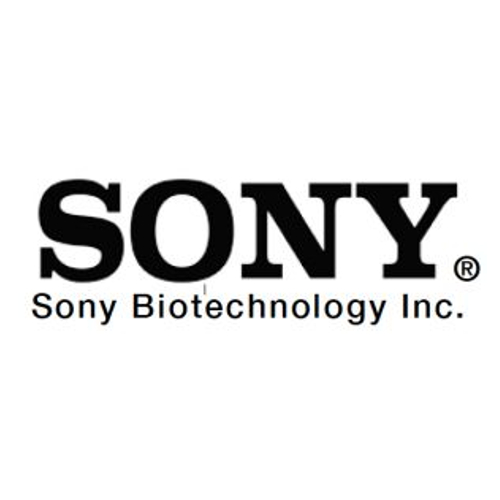CD193 Monoclonal / Brilliant Violet 510 / 5E8
Product Details
| Description | Brilliant Violet 510 anti-human CD193 (CCR3) | |
|---|---|---|
| Conjugate | Brilliant Violet 510 | |
| Clone | 5E8 | |
| Target Species | Human | |
| Applications | FC | |
| Supplier | Sony | |
| Catalog # | Sign in to view product details, citations, and spectra | |
| Size | ||
| Price | ||
| Antigen | ||
| Host | ||
| Isotype |
About CD193
The protein encoded by this gene is a receptor for C-C type chemokines. It belongs to family 1 of the G protein-coupled receptors. This receptor binds and responds to a variety of chemokines, including eotaxin (CCL11), eotaxin-3 (CCL26), MCP-3 (CCL7), MCP-4 (CCL13), and RANTES (CCL5). It is highly expressed in eosinophils and basophils, and is also detected in TH1 and TH2 cells, as well as in airway epithelial cells. This receptor may contribute to the accumulation and activation of eosinophils and other inflammatory cells in the allergic airway. It is also known to be an entry co-receptor for HIV-1. This gene and seven other chemokine receptor genes form a chemokine receptor gene cluster on the chromosomal region 3p21. Alternatively spliced transcript variants have been described. [provided by RefSeq, Sep 2009]
The protein encoded by this gene is a receptor for C-C type chemokines. It belongs to family 1 of the G protein-coupled receptors. This receptor binds and responds to a variety of chemokines, including eotaxin (CCL11), eotaxin-3 (CCL26), MCP-3 (CCL7), MCP-4 (CCL13), and RANTES (CCL5). It is highly expressed in eosinophils and basophils, and is also detected in TH1 and TH2 cells, as well as in airway epithelial cells. This receptor may contribute to the accumulation and activation of eosinophils and other inflammatory cells in the allergic airway. It is also known to be an entry co-receptor for HIV-1. This gene and seven other chemokine receptor genes form a chemokine receptor gene cluster on the chromosomal region 3p21. Alternatively spliced transcript variants have been described. [provided by RefSeq, Sep 2009]
About Brilliant Violet 510
Brilliant™ Violet 510 (BV510) is a green-emitting non-tandem polymer fluorophore that can be excited by the 405 nm Violet laser and collected using a 510/50 bandpass filter. BV510 has an excitation peak at 405 nm and an emission peak at 510 nm, and is similar to StarBright Violet 515 (Bio-Rad). BV510 is most often used in flow cytometry due to its improved signal-to-noise over alternatives like V500 and AmCyan. This dye is part of the Brilliant™ Violet dye line. BV510 and BV480 are the only dyes in the Brilliant™ Violet dye family that are not tandem fluorophores based off the BV421 polymer core, but they have nearly the same maximum excitation.
Brilliant™ Violet 510 (BV510) is a green-emitting non-tandem polymer fluorophore that can be excited by the 405 nm Violet laser and collected using a 510/50 bandpass filter. BV510 has an excitation peak at 405 nm and an emission peak at 510 nm, and is similar to StarBright Violet 515 (Bio-Rad). BV510 is most often used in flow cytometry due to its improved signal-to-noise over alternatives like V500 and AmCyan. This dye is part of the Brilliant™ Violet dye line. BV510 and BV480 are the only dyes in the Brilliant™ Violet dye family that are not tandem fluorophores based off the BV421 polymer core, but they have nearly the same maximum excitation.
Experiment Design Tools
Panel Builders
Looking to design a Microscopy or Flow Cytometry experiment?
Validation References
Reviews & Ratings
| Reviews |
|---|
Looking for more options?
613 CD193 antibodies from over 32 suppliers available with over 75 conjugates.





